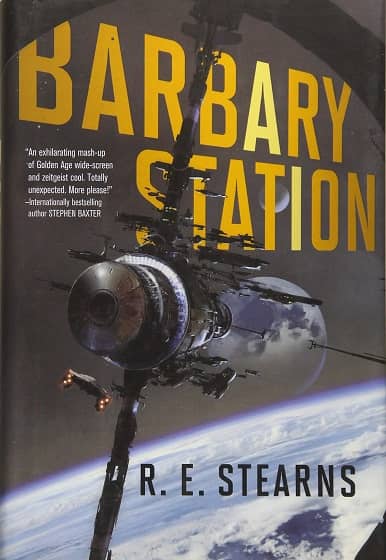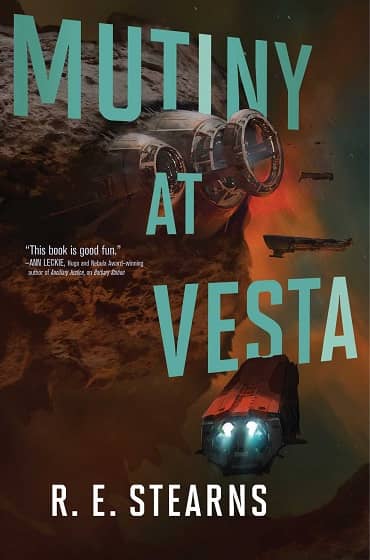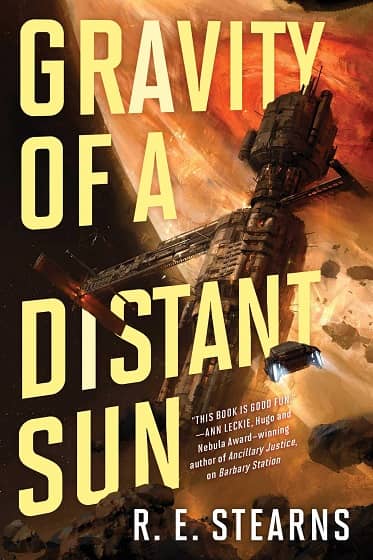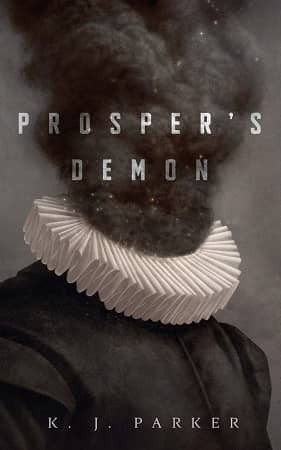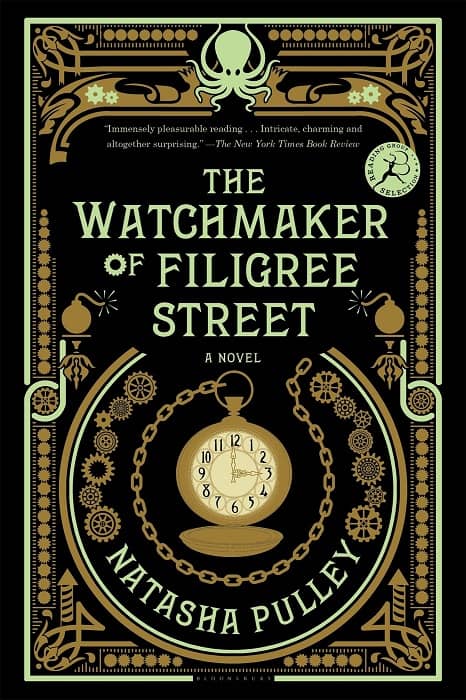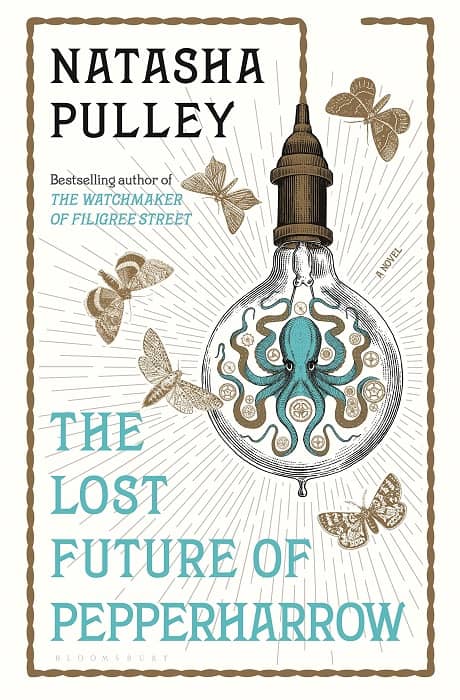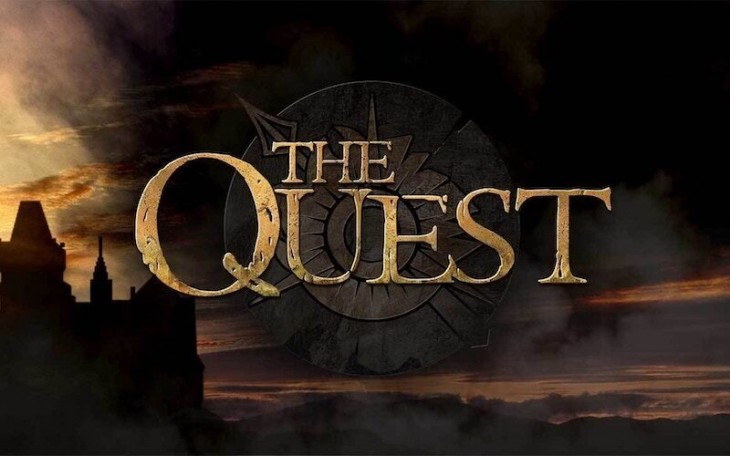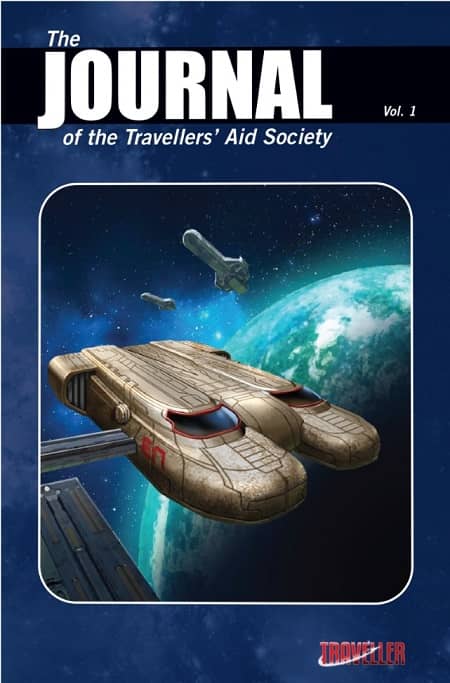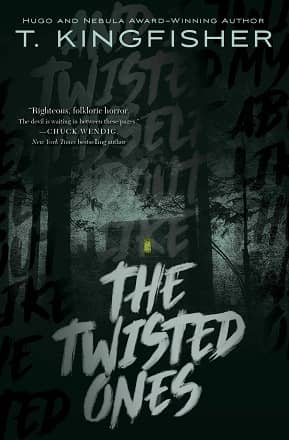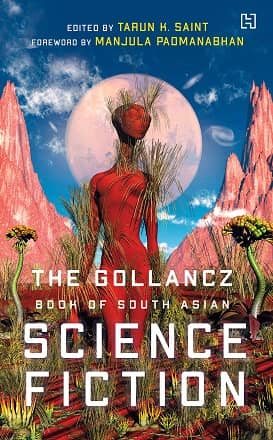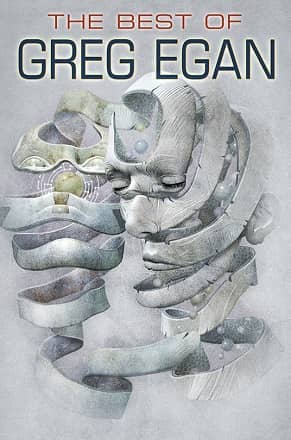New Treasures: The Unspoken Name by A. K. Larkwood
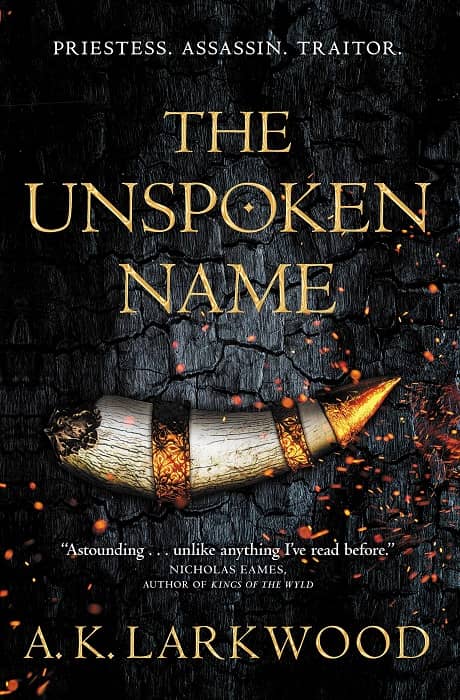 |
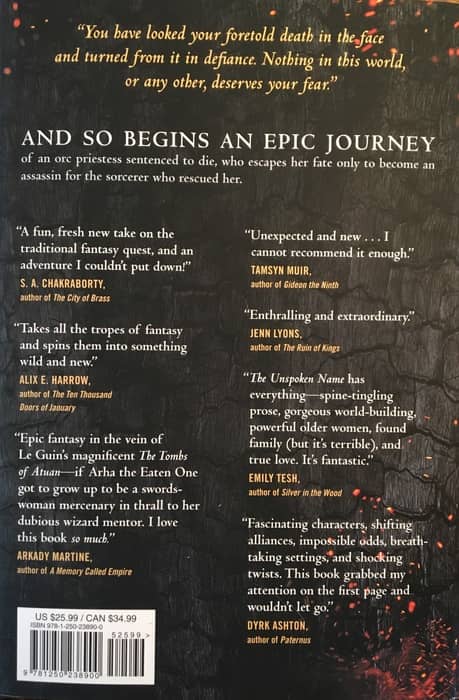 |
Cover by Billelis
Well, damn. We’re midway through February and I haven’t read any fantasy debuts yet. Sub-par performance for someone who’s supposed to be keeping you informed. Fortunately Tor sent me a review copy of their next big-budget debut, The Unspoken Name by A. K. Larkwood. It has the obligatory breathless blurbs (“Spine-tingling prose, gorgeous worldbuilding, powerful older women” — Emily Tesh), starred reviews (“[A] phenomenal debut. Csorwe, a 14-year-old orc princess, is betrothed to the Unspoken One, her world’s god, and is slated to be sacrificed… Epic fantasy fans are sure to be impressed.” — Publishers Weekly), and enough grumpy press to keep everyone honest (“A moderately promising entry” — Kirkus). And it’s hefty (463 pages), and it’s about an orc priestess who turns into a wizard’s assassin.
I don’t think I can reasonably ask for any more than that. Here’s the publisher’s description.
What if you knew how and when you will die?
Csorwe does ― she will climb the mountain, enter the Shrine of the Unspoken, and gain the most honored title: sacrifice.
But on the day of her foretold death, a powerful mage offers her a new fate. Leave with him, and live. Turn away from her destiny and her god to become a thief, a spy, an assassin―the wizard’s loyal sword. Topple an empire, and help him reclaim his seat of power.
But Csorwe will soon learn ― gods remember, and if you live long enough, all debts come due.
The Unspoken Name is the opening novel in The Serpent Gates. It was published by Tor Books on February 11, 2020. It is 463 pages, priced at $25.99 in hardcover, and $13.99 in digital formats. The cover is by Billelis. Read the first 8 pages of Chapter One here, or download a free preview here. See all our recent New Treasures here.

